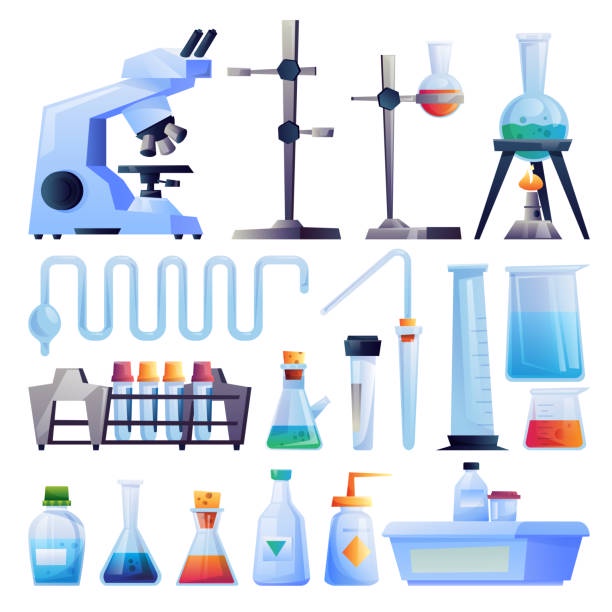Laboratory equipment management plays a crucial role in the efficient and safe functioning of any laboratory. From research and development facilities to medical laboratories and educational institutions, the proper management of laboratory equipment is essential to ensure accurate results, maintain regulatory compliance, promote safety, and maximize the lifespan of valuable assets. In this blog post, we will explore the importance of laboratory equipment management and how it contributes to the overall success of a laboratory.
- Accuracy and Reliability: Laboratory equipment is designed to provide accurate and reliable results, which are essential for scientific research, testing, and analysis. Proper management of laboratory equipment ensures that instruments are calibrated, maintained, and validated according to standard operating procedures. This helps to minimize errors and variations in data, enabling scientists and researchers to make informed decisions based on precise measurements.
- Quality Control and Assurance: Laboratories often follow quality control and assurance protocols to meet industry standards and regulatory requirements. Effective equipment management is critical in implementing these protocols. It involves establishing and maintaining documented procedures for instrument calibration, performance verification, and maintenance. By adhering to these procedures, laboratories can ensure that their equipment is operating within acceptable limits and producing reliable results.
- Compliance and Regulatory Requirements: Laboratories are subject to various regulations and standards, such as Good Laboratory Practices (GLP) or ISO 17025 accreditation. These regulations often require proper documentation and traceability of equipment management activities. By managing laboratory equipment systematically, including calibration records, maintenance logs, and inventory tracking, laboratories can demonstrate compliance with regulatory requirements during audits and inspections.
- Cost Efficiency: Laboratory equipment represents a significant investment for any laboratory. Effective management helps to optimize the utilization of resources and extend the lifespan of equipment. By implementing preventive maintenance programs, laboratories can identify and address potential issues before they escalate into major problems. Regular maintenance also reduces the risk of equipment failure, minimizing downtime and the need for costly repairs or replacements.
- Safety and Risk Mitigation: Laboratory equipment management includes ensuring the safety of laboratory personnel and preventing accidents. Proper training and documentation of equipment operating procedures, as well as routine inspections, contribute to a safer working environment. Regular maintenance also reduces the risk of equipment malfunctions that could compromise the safety of experiments, tests, or the laboratory itself.
- Inventory Control: Managing laboratory equipment involves maintaining an accurate inventory of all instruments, tools, and supplies. This allows laboratories to keep track of available resources, plan for future needs, and avoid unnecessary purchases. An organized inventory system ensures that equipment is readily accessible when needed, reducing downtime and delays in laboratory operations.
- Data Integrity: In modern laboratories, equipment is often connected to computer systems and software that capture, store, and analyze data. Effective equipment management includes implementing data integrity measures to ensure the accuracy, completeness, and security of the data generated. By controlling access, implementing data backups, and following proper data management procedures, laboratories can safeguard the integrity of their research and testing data.
- Calibration and Traceability: Calibration is a critical aspect of laboratory equipment management. Instruments need to be calibrated at regular intervals to ensure accurate measurements. Calibration involves comparing the instrument's output to a known reference or standard. Maintaining a traceable calibration chain is essential for establishing the accuracy of measurements and ensuring the quality of data generated in the laboratory.
- Training and Documentation: Laboratory equipment management involves providing training to laboratory personnel on the proper use and maintenance of instruments. It also includes developing and maintaining comprehensive documentation, including user manuals, standard operating procedures, maintenance records, and safety guidelines. Well-trained staff and proper documentation contribute to the efficient and safe operation of laboratory equipment.
- Research Continuity: Effective laboratory equipment Bahrain management ensures the continuity of research and testing activities. By minimizing equipment downtime, optimizing resources, and adhering to maintenance schedules, laboratories can avoid interruptions in Link(OriginallyPosted:https://sites.google.com/view/ziebaq/what-is-the-importance-of-laboratory-equipment-management?authuser=1 https://ziebaq.mystrikingly.com/blog/what-is-the-importance-of-laboratory-equipment-management


No comments yet